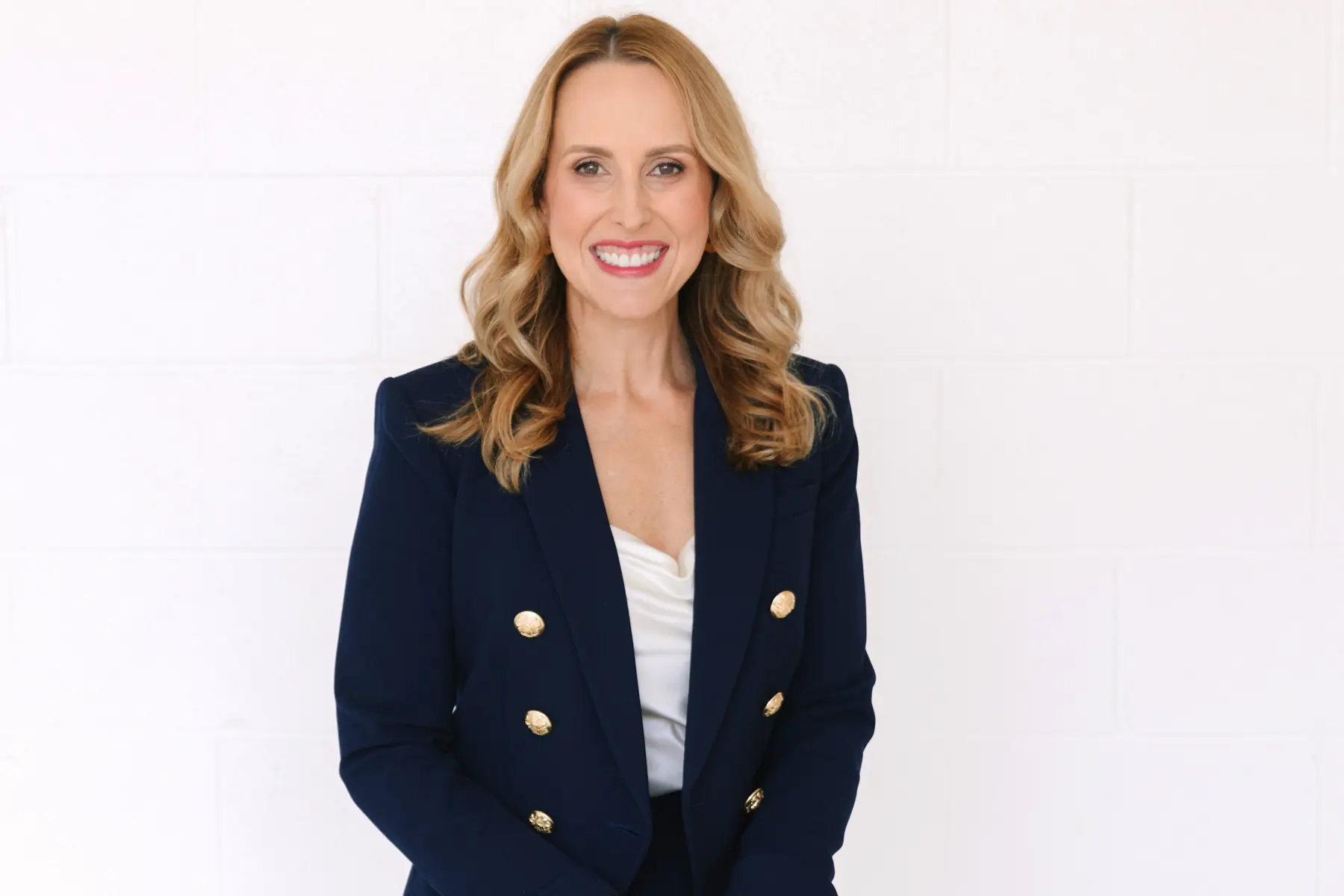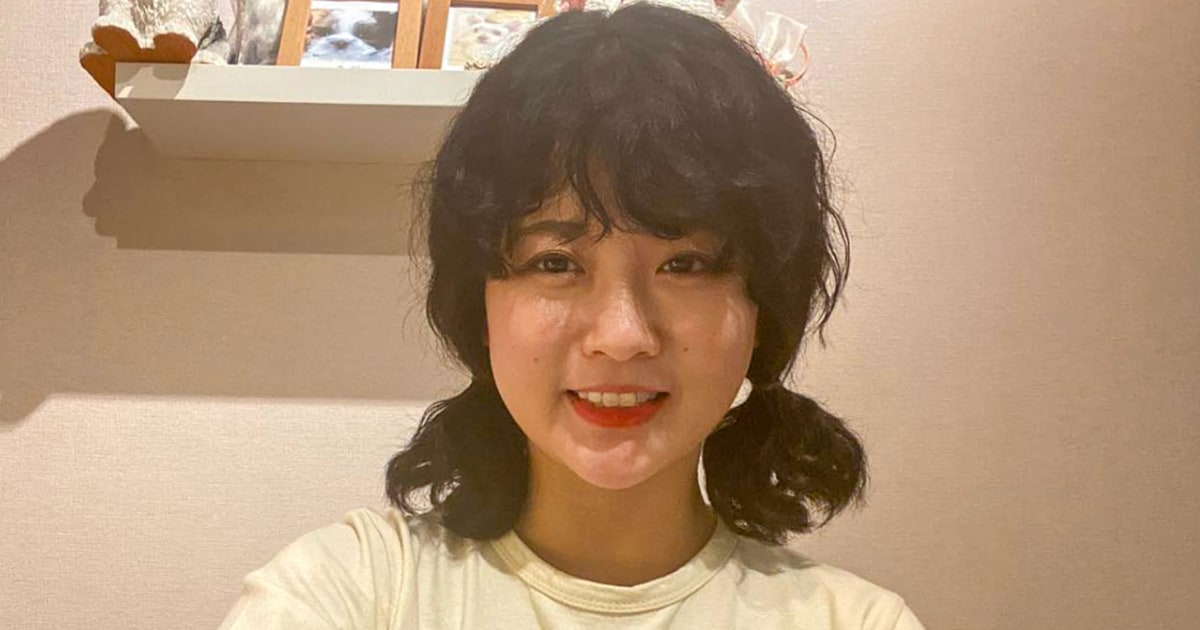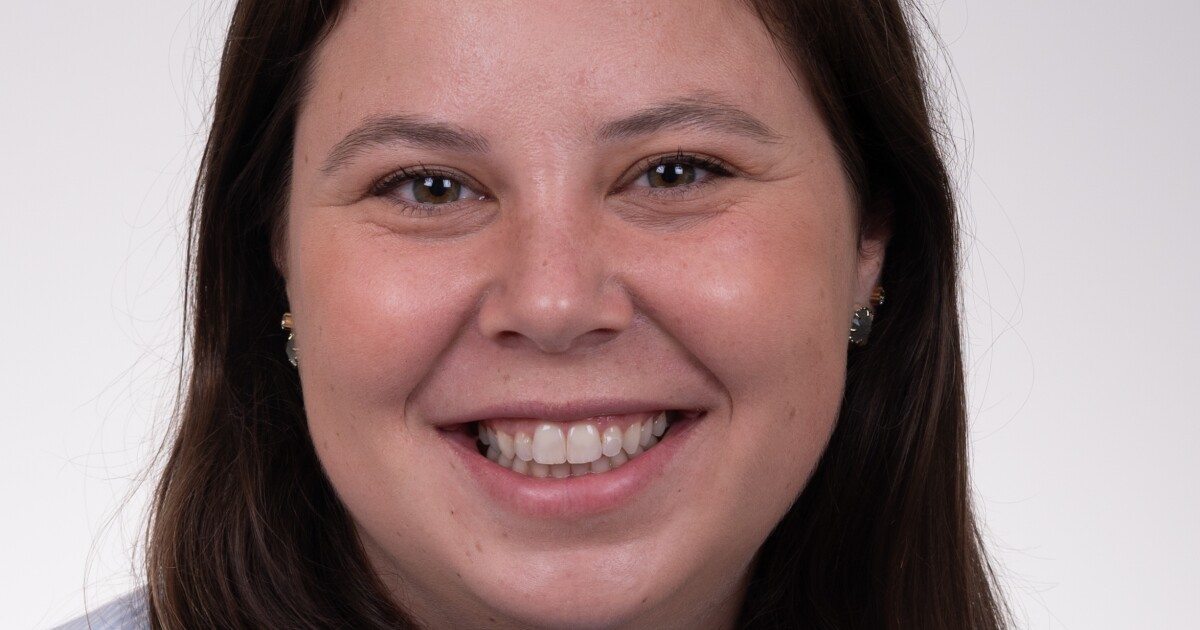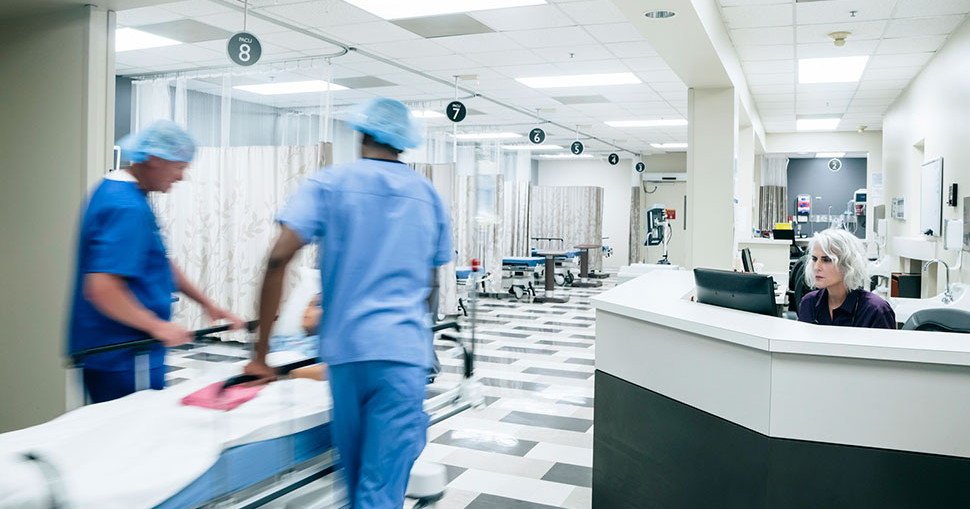Meet Dr. Lyndsey Harper, the OBGYN Behind Novel Women’s Health App Rosy

When Dr. Lyndsey Harper launched Rosy, she didn’t set out to build a movement. As an OBGYN, she simply found a gap in women’s sexual health education and wanted to do better for her patients. She had no idea it would grow to become a comprehensive women’s health platform backed by leading healthcare institutions and thousands of providers across the country.
Rosy began as an educational resource that provided accurate, accessible information about sexual health. As it expanded its offerings, so did its user base, encompassing individual members and clinical partners committed to distributing critical information more broadly.
“I didn’t want to be doing what I perceived was a bad job for my patients, and 43 percent of women have a sexual health problem,” she says. “Physicians don’t get any training on the topic, so that was our value proposition.”
In 2023, Rosy won the UCSF Digital Health Rising Star Award as well as the Webby Award for Best Digital Design -Aesthetic. Dr. Harper and Rosy were also honored by the Women’s Health Innovation Summit Judge’s Choice Award. Today, 9,000 healthcare professionals are in Rosy’s referral network and hundreds of thousands of women from ages 17 to 94 are members. The growing community transformed the app into something more dynamic—and powerful.
Last year, Rosy launched its cheekily named “Quickies,” a series of short-form videos with content vetted by medical professionals. Think TikTok meets WebMD. It accompanied Rosy’s expansion into a more comprehensive women’s health platform, with information about endometriosis, fibroids, menopause, and migraines. Major players in the healthcare and pharmaceutical industries took notice.
Rosy has since partnered with pharma giants Pfizer and Roche, which have collaborated on creating and distributing info about migraines and HPV, respectively. One million women begin menopause each year and 73 percent of women don’t receive treatment. Armed with that need, Rosy and Pfizer worked together to create a series of modules that look at the symptoms, diagnosis, lifestyle chnage, and potential treatment options for menopause.
The Rosy and Roche collaboration meant allowed the platform to provide resources about HPV screening and cervical cancer. The intervention improved users understanding by 67 percent, and the number of users who said they hadn’t intended to be screened for HPV and changed their mind on testing increased by 40 percent. “This first foray proved that that Rosy improves outcomes and can change fundamental understanding and improve behaviors,” Harper says. “It can help save healthcare costs on high acuity cancer treatment, which is a burden to payers and patients.”
The app has also been the subject of medical research, including being part of a UTHealth Houston trial examining Rosy’s impact on patients with gynecological cancer. For Harper, these collaborations help spur research on traditionally underfunded women’s health issues.
The journey hasn’t been without setbacks. Harper has weathered major investors reversing course and big deals being reneged on. Still, she perseveres, driven by the platform’s growth and the unmet need it’s addressing.
“The goal is to foster connection between women and evidence-based resources and providers and continue to elevate the ecosystem,” she says, “so women can get access to the care that they need faster.”
Author

Will is the senior writer for D CEO magazine and the editor of D CEO Healthcare. He’s written about healthcare fraud, Texas’ slow march toward marijuana legalization, and the future of healthcare in North Texas.
link







